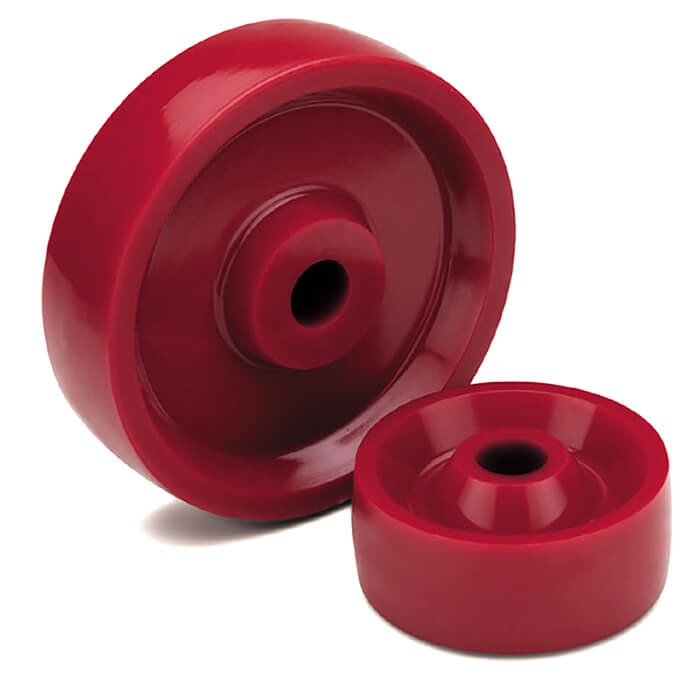Polyurethane stands out for its remarkable versatility, offering a wide range of properties and advantages that make it an ideal choice across industries. Unlike many traditional materials, polyurethane combines flexibility and durability, providing enhanced performance in demanding applications. While other materials like rubber, plastic, and metal each have limitations, polyurethane properties such as abrasion resistance, chemical stability, and temperature adaptability address these challenges effectively.
Cast Urethane ProductsChoosing the Right Materials
Selecting the appropriate material is crucial for ensuring the longevity and efficiency of your projects. Traditional materials often face hurdles such as premature wear, chemical degradation, and limited flexibility. Polyurethane emerges as a superior option by overcoming these pitfalls and delivering consistent performance.
Key Polyurethane Properties
- Abrasion Resistance: Provides excellent protection against wear from friction, surpassing rubber and plastic.
- Chemical Resistance: Offers stability against oils, greases, and many chemicals, reducing maintenance needs.
- Water Resistance: Resists moisture absorption, maintaining performance in wet environments.
- Temperature Flexibility: Performs consistently across a wide temperature range, suitable for extreme conditions.
- Elasticity and Hardness: Customizable from soft elasticity to rigid hardness.
- High Load-Bearing Capacity: Supports significant weight, ideal for load-bearing components.
- Tensile Strength: Exhibits high tensile strength, ensuring structural integrity under stress.
- Tear Resistance: Withstands tearing forces, making it ideal for demanding applications.
- Electrical Insulation: Provides excellent insulation properties, suitable for electrical applications.
- Thermal Conductivity: Polyurethane exhibits low thermal conductivity, providing exceptional insulation by effectively trapping heat within its closed-cell structure. This property makes it ideal for applications requiring energy efficiency and temperature regulation.
Polyurethane Advantages & Benefits
- Durability: Extends component lifespan, reducing replacement frequency.
- Cost Efficiency: Low tooling costs and long-lasting performance offer great value.
- Versatility: Can be manufactured into foams, elastomers, coatings, and more.
- Machinability: Easily machined for precise engineering applications.
- Strong Bonding Properties: Adheres well in various settings, enhancing application versatility.
- Performance in Harsh Environments: Maintains integrity under extreme conditions.
- Fungus, Mold, & Mildew Resistance: Inhibits growth, ideal for hygiene-critical applications.
- Color Customization: Available in a wide range of colors to meet aesthetic and branding needs.
- Short Lead Times: Fast production processes for timely project completion.
- Economical Manufacturing: Cost-effective solutions for prototypes, short runs, or high-volume production.
Why Engineers Prefer the Benefits of Polyurethane Over Other Materials
Engineers consistently choose urethane because it combines the desirable traits of multiple materials into one. Its ability to mimic the elasticity of rubber, the toughness of metal, and the moldability of plastic ensures it meets diverse engineering needs without compromise.

Finding the Right Polyurethane Solution for Your Application
Choosing the right polyurethane solution involves understanding the specific demands of your application. Whether you require high impact resistance, maximum flexibility, or chemical stability, partnering with experts like FallLine ensures you receive tailored solutions that enhance both performance and efficiency. Contact us today for expert insights and top-quality polyurethane solutions.



